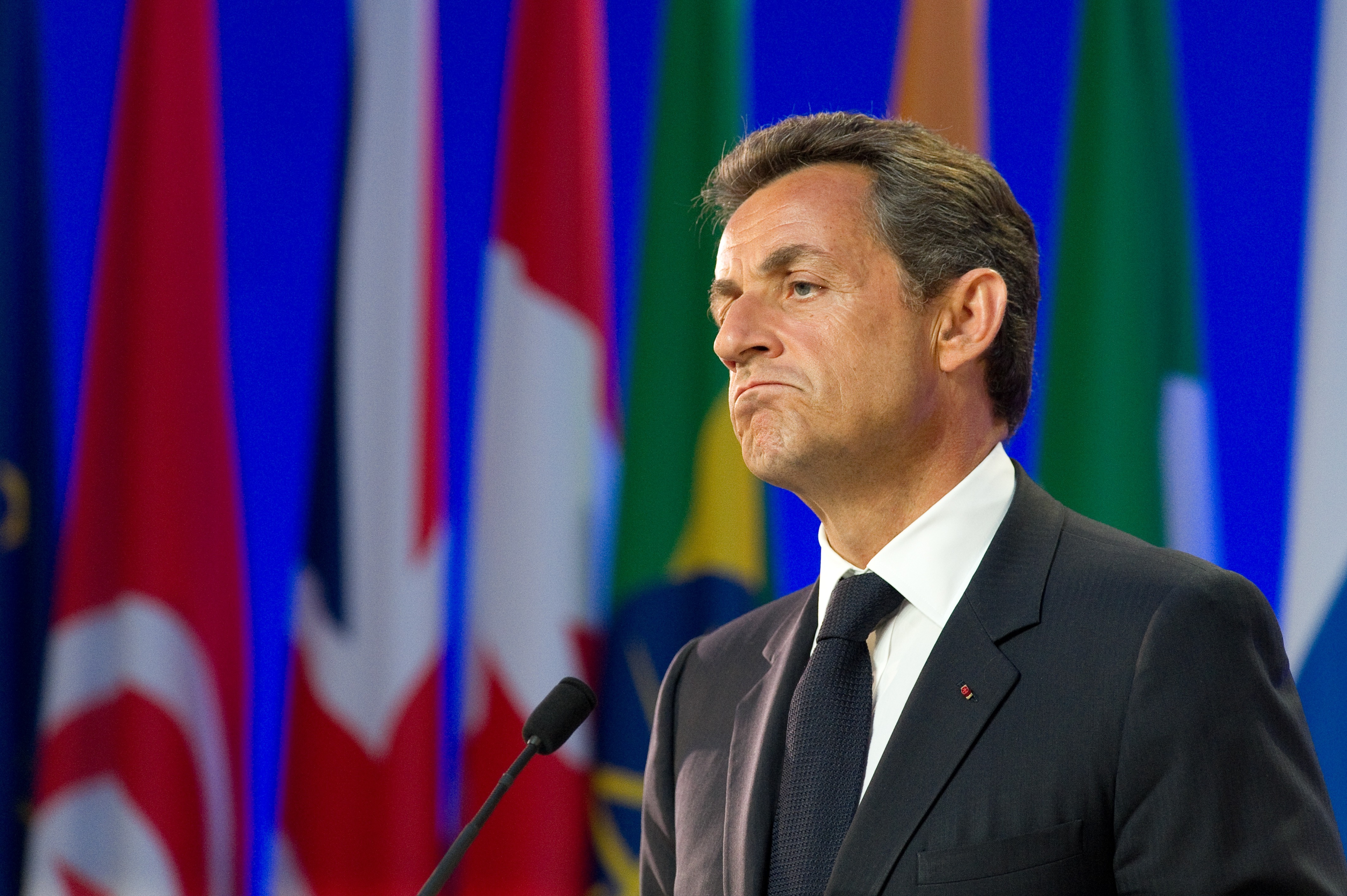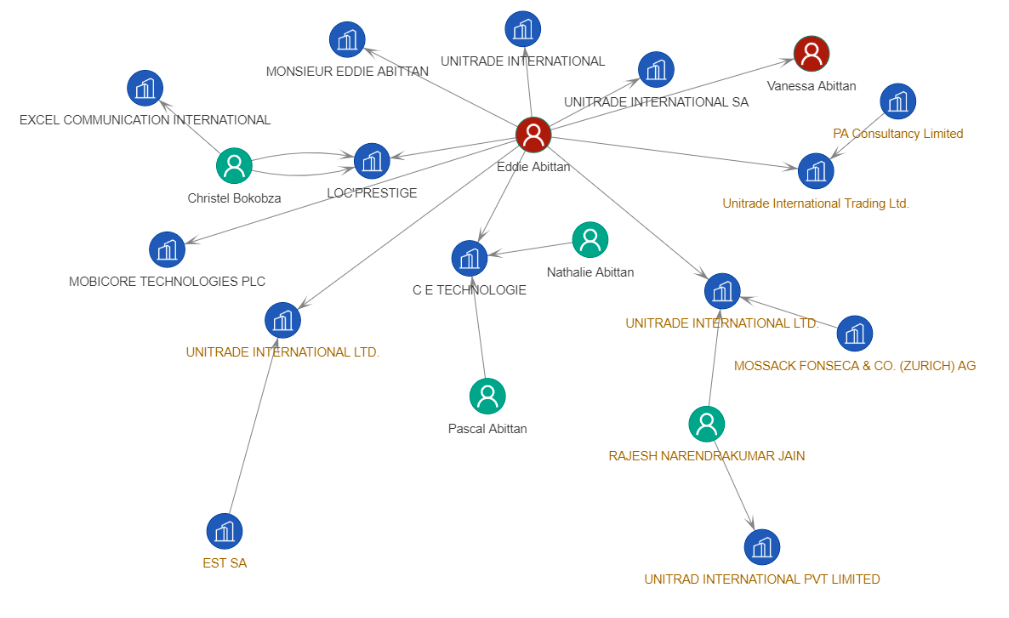
French prosecutors requested two years in jail and a two-year suspended sentence for ex-French President Nicolas Paul Stéphane Sarközy de Nagy-Bocsa. Sarkozy has allegedly tried to bribe a senior French judged in 2014 to get intelligence on his trial concerning the finances of his 2007 presidential campaign. Will Nicolas go to jail? Is this just another political matter, or are there deeper implications for the jurisprudence of corruption-related cases?
For many people, the 1970s represented the end of the post-romantic society. Along those lines, the 2000s represent the end of a post-romantic period in the geopolitical arena. The US, Russia and the leading European countries gave the impression that they could all sit at the same table. There were no sanctions, no suspicions on transnational investments and monies were flowing across borders. It was the time when all ex-Soviet oligarchs moved their headquarters in London when big companies were in a rush to open operations in China and Gulf countries. The world of business was really globalised.
In those times Muammar al-Gaddafi was allegedly the wealthiest person on the planet. Gaddafi thought having a special relationship with the European Union countries, especially with France. In the end, French banks, including Societe Generale, were harbouring a significant chunk of his fortune. Amid that trend of business globalisation, all funding was welcome. So the French candidate at the 2007 presidential election had allegedly accepted a cheque of a few million euros from the Libyan dictator. The courts had never proved that wrongdoing, but they seem persistent in haunting the French ex-president for his past. Since he lost the re-election in 2012, Sarkozy is battling in different courts to prove his innocence. But, the French justice, as well as the media, seem to bring back periodically memories from his past.
The current Europen political scene is more sanitised compared to two decades ago. Nevertheless, that rush of business globalisation is hunting many individuals and companies that might have been related to people that are currently blacklisted or sanctioned in one or more jurisdictions. We may witness to a new wave of prosecutions unveiling deals from the 2000s, that would seem unthinkable in the light of the current state of affairs. One direct impact could be a structural review of the concept of PEP (Politically Exposed Person). The definition encompasses currently individual entrusted with a prominent public function, but its scope could easily be expanded to persons that financed or benefited from political figures.
“In a presidential campaign, you can't lie. You can't hide what you are and what you want. You can't hide what kind of President you'll be. You can't keep on talking about nothing indefinitely and committing to nothing, you can't keep running away from debate, masking the challenges.”
Nicolas Sarkozy, Former French president (2007-2012)
Focus: Former ING CEO under investigation
One month after Ralph Hamers became head of UBS, the world’s largest wealth manager, Dutch prosecutors issued an investigation order concerning ING’s ex-CEO. When Hamers led the Dutch bank a massive money laundering case tainted the reputed institution. In 2018, ING agreed to pay 775 million euros in penalties for failure in their compliance systems. Companies using ING accounts transferred monies for illegal activities in the ex-Soviet space, including 55 million dollars in bribes to the daughter of Uzbekistan’s president paid by a unit of Russian mobile operator VimpelCom.
The Russian Federation passed a new law last month that formally forbids Russian companies to pay dividends to holdings outside Russia, including the Netherlands. Many Russian firms had holdings in countries like the Netherlands or Cyprus, to avoid taxes. This law may generate an exodus of Russian controlled holding companies from Holland. Banks that provided services to those firms will remain with the legacy and with the potential risk of being hit with penalties from regulators.
VAT Fraud: Carbon connection in the news
The VAT fraud on carbon markets is a tale of the past. But now and then another piece of the puzzle resurges. It was the case of Eddie Abittan, a 55 years old real-estate agent residing near Tel Aviv. He appeared on a leading Israeli television channel cheering for his wife Vanessa, who won the local version of “Master Chef”. Nothing seems wrong, with one exception. A French court condemned Abittan in 2018 to six years in prison and 2 million euros of penalties. Like many other crooks from the Carbon connection that had two passports, Abittan became fugitive and ran to Israel. Before the carbon fraud, he was involved in the mobile phones trading business, which was during the early 2000s, one of the leading platforms of VAT fraud.
Most fugitives that took the expatriation avenue started new ventures, including fintech companies, on-line trading platforms and many other endeavours with more or less questionable characters.

Word on the street: William Aronwald
William Irving Aronwald, a reputed anti-mafia prosecutor, has recently passed away at the age of 79. Aronwald along with Rudy Giuliani were the pioneers of FBI’s war against the American “La Cosa Nostra”. Aronwald’s tenacity generated a lot of animosity amongst the New York mobsters and especially in the ranks of the dysfunctional Colombo family. Joel Cacace, one of the key enforcers of the Colombos, put a hit on the prosecutor. The hit failed, and by mistake, the assassins killed Aronwald’s father, George. The other New York-based families did not sanction the murder and asked for Cacace’s head. The hit did not take place, because Cacace was sentenced to 20 years in the Federal prison. He was released earlier this year, just a few months before Aronwald’s death.